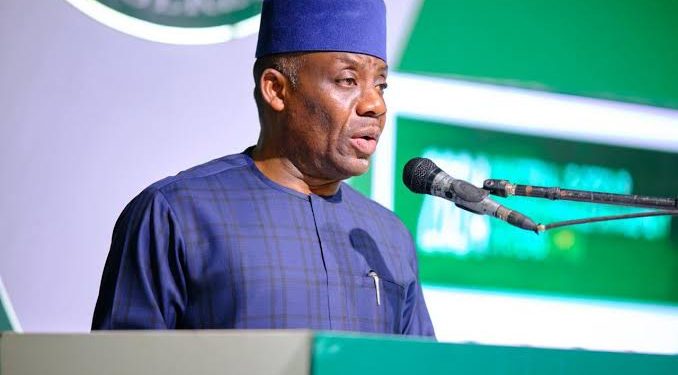The Federal Government has officially ended the Bilateral Education Agreement (BEA) scholarship program, citing it as a misuse of public resources and confirming plans to redirect the funds toward scholarships for students in Nigerian universities.
The BEA scheme, which enabled Nigerian students to study in countries like China, Russia, Algeria, Hungary, Egypt, and Serbia, will be discontinued by 2025, although existing beneficiaries will be allowed to complete their studies. Education Minister Dr. Tunji Alausa made the announcement during a meeting with the newly elected leadership of the National Association of Nigerian Students (NANS) in Abuja.
Dr. Alausa criticized the BEA’s inefficiency, explaining that many recipients were enrolled in courses such as Psychology, English, and Sociology—programs that Nigerian universities already offer with comparable or better quality. He revealed that when he assumed office in 2024, he was asked to approve N650 million for just 60 students studying in Morocco. He rejected the request, arguing it was inequitable and unjust to the millions of students within Nigeria who receive no financial support.
According to him, the government projected spending N9 billion in 2025 on 1,200 students under the BEA program. He stressed that such spending was no longer justifiable when the same funds could benefit a far greater number of students domestically. “We are canceling the BEA. It is not the best use of public funds. The money will now be used to fund local scholarships and support more Nigerian students,” Alausa stated.
The decision follows mounting controversy over the management of the BEA program. In 2024, the Union of Nigerian Bilateral Education Agreement Scholars (UNBEAS) raised alarms about the welfare of scholars abroad. Stipends were delayed for over a year, and when eventually paid in September 2024, they were slashed by more than half, dropping from $500 to $220. The financial hardship led to cases of eviction, hunger, and illness among students overseas, sparking public outcry and media campaigns.
While the government claimed it cleared outstanding allowances up to December 2024, Dr. Alausa condemned what he described as “blackmail” by some scholars who aired their grievances on social media. Despite the backlash, he maintained that discontinuing the BEA was in the public interest and promised stronger support for home-based students moving forward.
NANS President Olushola Oladoja applauded the minister’s resolve and welcomed the shift toward strengthening Nigeria’s domestic education landscape. The redirection of BEA funds, he said, signals hope for broader access to financial aid among Nigerian students.










